SUMMARY
This is AI generated summarization, which may have errors. For context, always refer to the full article.
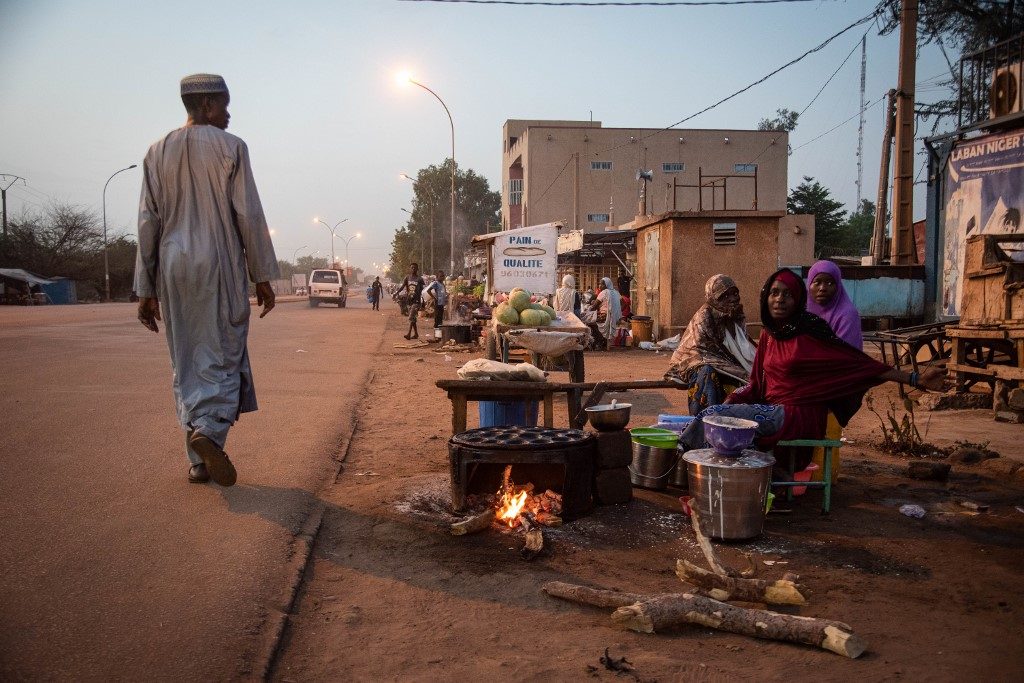
The debt of the world’s poorest countries hit a record $744 billion in 2019 prior to the coronavirus pandemic but debt relief is lagging, the World Bank said on Monday, October 12, in a report that singles out China.
The Washington-based development lender’s data show debt for the 73 poorest nations grew 9.5% year-on-year, which shows “an urgent need for creditors and borrowers alike to collaborate to stave off the growing risk of sovereign-debt crises triggered by the COVID-19 pandemic.”
Business shutdowns and border closures to stop the spread of COVID-19 beginning in March have devastated economies worldwide, and in April, the G20 group of large economies endorsed a debt suspension for the world’s poorest countries.
World Bank President David Malpass said relief has been weaker than expected because “not all of the creditors are participating fully,” with only $5 billion granted under the expected $8 to $11 billion.
The report, released as the World Bank begins its annual meetings along with the International Monetary Fund, said the debt burden of the poorest countries owed to government creditors, most of whom are G20 states, reached $178 billion last year.
China is the largest creditor, seeing its share of debt owed to all G20 countries rise to 63% by the end of last year from 45% in 2013.
Malpass decried what he called a lack of participation by private sector creditors, but also warned wealthier countries were not doing their full share.
“Some of the biggest official bilateral creditors, including some from China, are still not participating in the moratorium. And that creates a major drain on the poorest countries,” he told reporters in a conference call.
Malpass again urged the need for transparency on the terms of the debt, in a reference to China, who he said in some cases have rescheduled debt principal but continues to take interest payments which could “add to the debt burden rather than relieving it.” – Rappler.com
Add a comment
How does this make you feel?

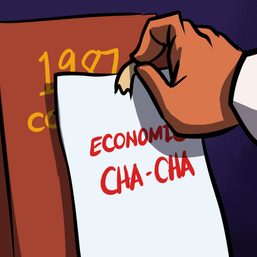



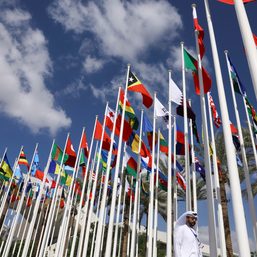
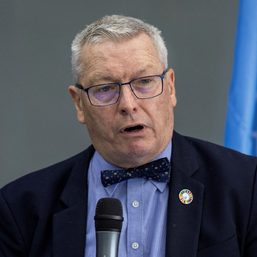

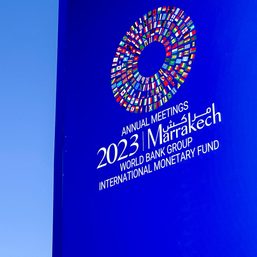

There are no comments yet. Add your comment to start the conversation.